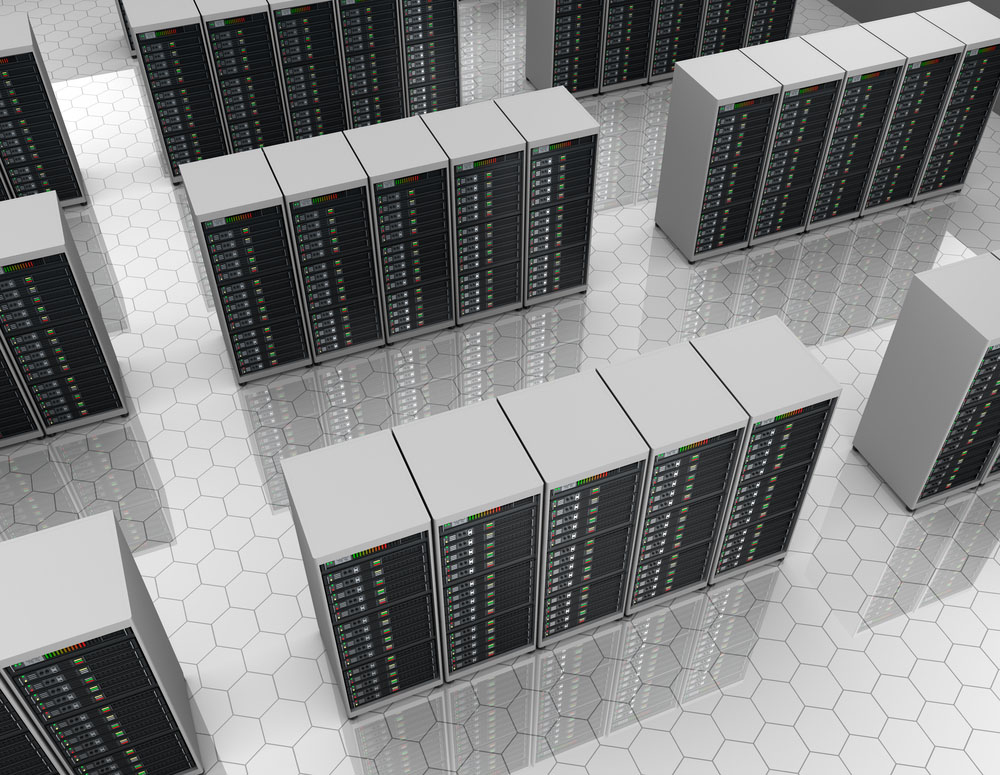Subscribe to MSP Channel Insights


Why Subscribe?
Digital Newsletter
Each week our editor Phil Alsop rounds up the most popular articles, videos and expert opinions. We compile this into a Digital Newsletter and send it straight to your inbox every week.
Digital Magazines
We'll let you know each time a new edition of MSP Channel Insights is released so that you're always kept up-to-date with the latest and greatest news and press releases.
Video Magazines
The MSP Channel Insights Video magazine contains the latest Zoom interviews with experts in the industry.


